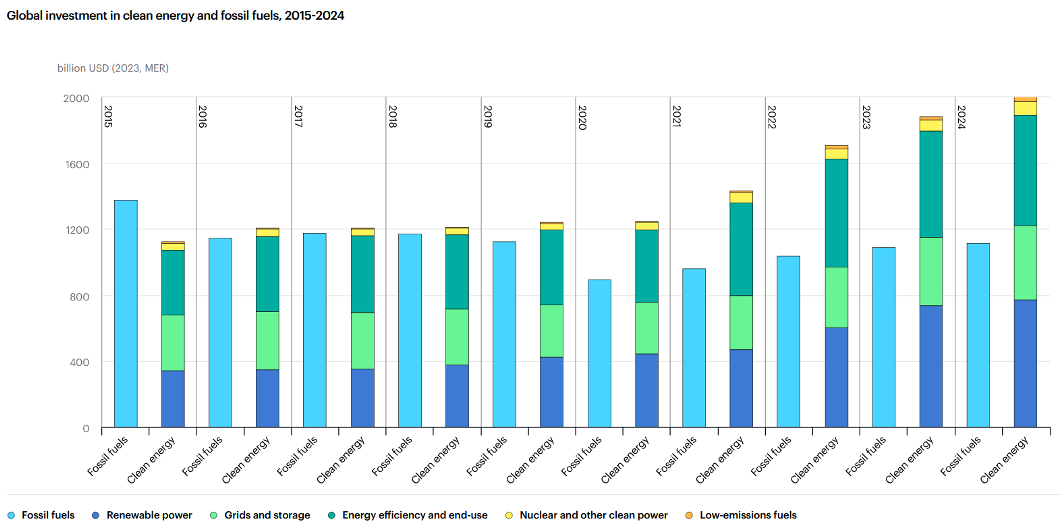Trump 2.0: U.S. House Of Representatives Energy Committees and Members
Examining the legislative agenda and its impact on U.S. Energy markets.
In the House, the most important committees, and historically one of the most powerful, is the House Committee on Energy and Commerce, the House committee with the broadest jurisdiction of any authorizing committee in Congress. Because of its broad scope, the Committee has 52 members (29 Republicans, 23 Democrats). The elected leadership of the committee are chairman Brett Guthrie (Republican from Kentucky) and ranking member Frank Pallone (D-NJ); key staffers include Joel Miller (chief counsel), Jessica Donlon (general counsel), Chris Sarley (senior advisor, director of member services and stakeholder engagement), and Matt Van Hyfte (director of communications).
The Committee on Energy and Commerce has six subcommittees, all chaired by Republicans:
Communications and Technology (Richard Hudson, R-NC; 26 members)
Environment (Morgan Griffith, R-VA; 20 members)
Health (Buddy Carter, R-GA; 27 members)
Commerce, Manufacturing, and Trade (Gus Bilirakis, R-FL; 20 members)
Oversight and Investigations (Gary Palmer, R-AL; 15 members)
From the perspective of the energy markets, we will focus on the overall committee and the Energy subcommittee. In addition to Chairman Bob Latta, the Energy Subcommittee is led by ranking member Doris Matsui (D, CA) and staff director Tuley Wright; additional staffers include Elise Krekorian, Peter Spencer, and Mary Martin.
Public Statements on Direction
In the first meeting of the 119th Congress House Committee on Energy and Commerce on January 15, 2025, Chairman Guthrie identified three key focus areas for the Committee. One of these, “Securing America Energy Dominance,” focuses on making energy more affordable and reliable, strengthening the reliability of the US electric grid, reducing the “rulemaking agenda” on energy production, and reinforcing baseload power resources such as natural gas, nuclear, coal, and hydropower. These statements mirror President Trump’s recent executive orders supporting energy exploration on federal lands and the outer continental shelf, eliminating the "EV mandate,” and freeing up the market on energy-consuming consumer products such as gas stoves, water heaters, and similar goods.
Bob Latta (Energy subcommittee chair) applauded Trump’s executive orders, stating, "We need a return to U.S. energy dominance, and the executive orders signed by President Trump to unleash American energy are a great start. By expanding the production of U.S. energy sources, we can lower costs for the American people and bolster our national security. As Chair of Energy and Commerce's Energy Subcommittee, I look forward to working with President Trump to advance an all-of-the-above energy strategy to secure North American energy independence and make the U.S. energy dominant once again." In the previous Congress, Latta also introduced a bill to streamline the licensing of nuclear fuel recycling facilities and made several statements supporting domestic nuclear energy production.
What Do These Data Points Mean, and What is the Impact?
Two key points can be implied from the public statements of Brett Guthrie and Bob Latta:
These committees will move quickly to streamline energy exploration in federal lands and offshore. While this may help eliminate some of the “red tape” surrounding energy exploration, the extent to which it motivates energy exploration companies and fossil fuel companies (mainly oil companies, who invest in oil and gas exploration) to invest in exploration is mixed at best. Historically, exploration has been driven by cash flow balance sheets, current resource prices, and supply and demand. Worldwide (and in the US), these factors are driving more investment into renewable power (especially solar power), grids/storage, and energy efficiency, according to the IEA. It remains to be seen the extent to which exploration regulation streamlining will change this trend away from investments in fossil fuel exploration.
Investment in the nuclear energy field will likely increase. The nuclear sector believes it will prosper under the new Trump administration. This is driven by factors including:
Backing from big tech companies eager to have a clean, reliable source of power for the growing appetite of their data centers.
The generally positive bipartisan view on nuclear energy.
There are many nuclear-related appointees in the Trump 2.0 cabinet, including Chris Wright as Secretary of Energy, Wells Griffith as Undersecretary of Energy, and Brandon Williams as the administrator of the NNSA.
However, Trump has also signaled that his support is not without its limits. For instance, in an interview on October 25, 2024, Trump stated that he believes large nuclear projects like the Vogtle are “too complex and too expensive” and that investing in technology such as small modular reactors (SMRs) makes more sense.
Impact on Fusion Energy – Some Bright Spots
There are some positive signs for supporting fusion energy in the House Energy and Commerce Committee. Chairman Brett Guthrie, in a letter to Jane Granholm (Secretary of Energy under former President Biden), stated that:
“AI is playing a key role in efforts to develop advanced nuclear fusion technologies that can revolutionize the power generation sector and provide zero-emission baseload resources that can fuel next-generation job-creating industries. Machine learning methods being developed in conjunction with federal partners can help harness the power of fusion energy by responding in milliseconds to instabilities within fusion reactions to maintain constant power generation.”
Fusion energy certainly meets a lot of the qualities that Guthrie highlighted in his statements on January 15th: i) fusion energy will provide baseline power, unlike renewable energy resources such as solar and wind; ii) fusion energy can benefit significantly from AI (something Republicans strongly believe in); and iii) fusion energy represents a power source that is largely immune from foreign interference to accessing fuel sources. The extent to which Congress (and the House in particular) will push continued Federal investment in fusion energy may be a question, but certainly, anything that the Trump Administration and Congress do to make advances in AI will likely help fusion energy, both by increasing power demand and by helping fusion research and technology advance quicker than it would otherwise.






